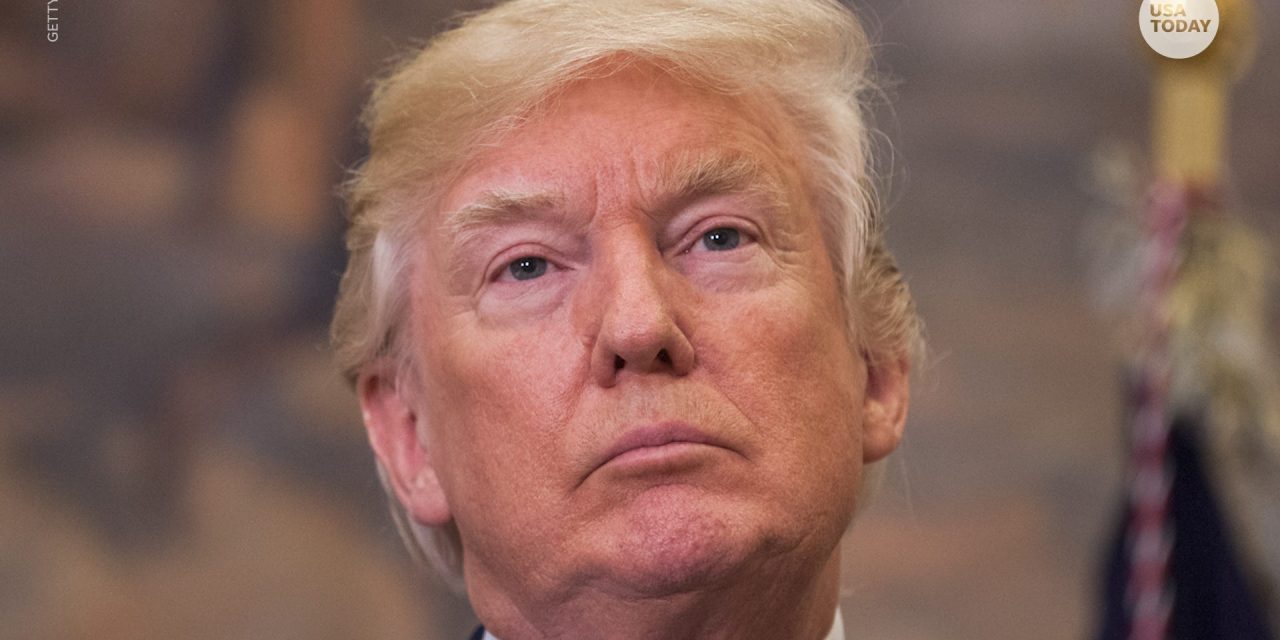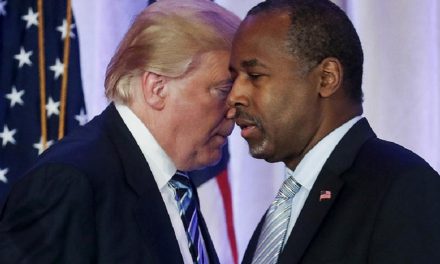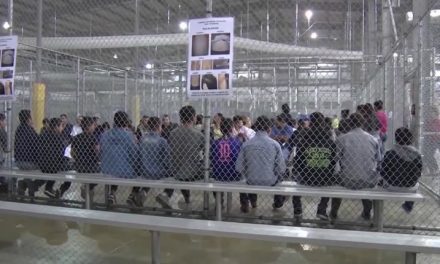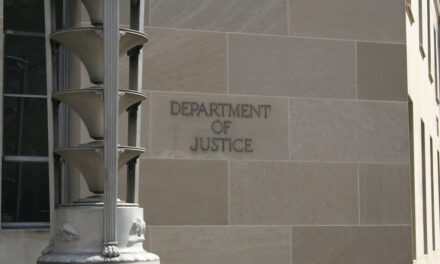The White House’s efforts to stonewall the investigation of their hold on military assistance to Ukraine has officially crumbled. The House of Representatives made enough progress in their investigation to fully justify an article of impeachment, but the obstruction they faced (which serves as the basis for the second article) prevented them for hearing from many key witnesses or even of learning of some people’s role until it was too late to call them as witnesses.
Among these is Deputy Under Secretary of Defense Elaine McCusker who serves as the Pentagon’s comptroller. She was the point person at the Defense Department for executing the hold, and she received her instructions from Michael Duffey, the associate director of national security programs at the Office of Management and Budget. In late October, the House did subpoena Mr. Duffey along with his boss, OMB director Russ Voight. House investigators did not then know that Ms. McCusker was privy to much of the information they sought. Duffey defied the subpoena in violation of the law and did not appear for a scheduled deposition in early November.
Congress was thus denied key documentary evidence and witness testimony from Duffey and McCusker, but the whole world can now read much of their correspondence. This is the result of two developments. First, the Center for Public Integrity was victorious in a Freedom of Information Act lawsuit in getting access to the documents. Unfortunately, the Justice Department redacted almost all the incriminating information the documents contained. However, on Thursday, Kate Brannen of Just Security published many un-redacted portions of the email correspondence between Duffey and McCusker.
It’s clear why someone leaked the un-redacted documents to Brannen. They are highly relevant to the upcoming Senate impeachment trial of Donald Trump. Since they are now in the public record, they can presumably be introduced at that trial by the House managers responsible for prosecuting the case. But emails are no substitute for direct testimony, and both Duffey and McCusker should both be deposed now and should both be available to testify.
Mitch McConnell does not want to allow witnesses at the Senate trial, but this leak will put added pressure on him and the rest of the Republican caucus.
As Brannen ably demonstrates in her article, Duffey and McCusker sparred with each other during the entirety of the hold on military assistance to Ukraine. Duffey was struggling to execute a direction from President Trump not to allow the release of the funds despite the risk that it would cause an illegal failure to provide the aid before the conclusion of the fiscal year on September 30th. McCusker was responsible for making sure the aid was ready to go at a moment’s notice, but increasingly concerned both that Congress needed to be formally advised and that she would not have enough time to fully disperse the funds.
Their correspondence makes clear the president was solely responsible for the hold and that the Pentagon had grave concerns about its legality. Duffey valiantly attempts to implement the president’s instructions without violating the law and without Congress or the public learning of it, but his task is impossible. McCusker does her best to comply with her instructions, but ultimately has to defend the Pentagon’s legal interests.
This culminates with McCusker telling Duffey on September 9 via email that she can no longer meet the September 30 deadline, and Duffey responding by promising to put responsibility for this failure squarely on McCusker’s shoulders.
Duffey, adding OMB and Pentagon lawyers to the recipients list, and in a formal and lengthy letter that was quite different from the way he’d addressed McCusker all summer, chastised her and the Defense Department for dropping the ball, saying that if and when the hold is lifted, and DOD finds itself unable to obligate the funding, it would be DOD’s fault.
“As you know, the President wanted a policy process run to determine the best use of these funds, and he specifically mentioned this to the SecDef the previous week. OMB developed a footnote authorizing DoD to proceed with all processes necessary to obligate funds. If you have not taken these steps, that is contrary to OMB’s direction and was your decision not to proceed. If you are unable to obligate the funds, it will have been DoD’s decision that cause any impoundment of funds.”
Essentially: You guys screwed up. Not us.
McCusker responded:
“You can’t be serious. I am speechless.”
As these two government officials seek to protect themselves and their departments, what is easily lost is that none of this would have happened without the president’s decision to run an extortion scheme on the president of Ukraine.
The testimony of Duffey and McCusker is needed not because we really care which of them was to blame, but because neither of them were to blame. The president was committing an illegal act and it fell to them to make it legal for as long as they could. It’s not clear that either of them had any understanding of why the president wanted the hold. If they had know it was because he wanted Ukraine to blame themselves for Russia’s hack of the Democratic National Headquarters, they might have had to consider resigning in protest. But who can imagine a president that indebted to Vladimir Putin?
With the publication of these documents, we now have a much clearer picture of how the president’s plot unfolded in the Pentagon and OMB, and that needs to be a part of the evidentiary case at trial. No excuses.







